le lambswool
le lambswool
Couldn't load pickup availability
2 in stock
170m / 50g per ball
dk / double knitting weight
knits to 19-21 stitches per 10cm on 4-4.5mm needles
100% Scottish Lambswool
hand wash cool, dry flat
recommended for: colourwork, cables, lace, shawls, hats, mittens & scarves, sweaters & garments
made in UK
Le Lambswool is a beautiful wool, prepared with the special Scottish traditional savoir faire, spun and dyed in a family-owned fiber mill in Scotland 🤎 Its composition is of 100% Lambswool, the first cut of the sheep, an absolutely beautiful quality.
It is completely natural with its rustic charm all the while being very soft to knit with and wear. It has also been scoured and steam damped, so no traces of spinning oil and added loftiness.
This item is marked for clearance, and is ineligible for return or exchange. It does not count toward free shipping.
restock notification
restock notification
Our ordering with this supplier is based on demand, and we can't offer any guarantees when the next order will be placed. Let us know if you are interested, however, and we will let you know when more arrives.
returns & cancellations
returns & cancellations
This item is not eligible for return or exchange.
Share
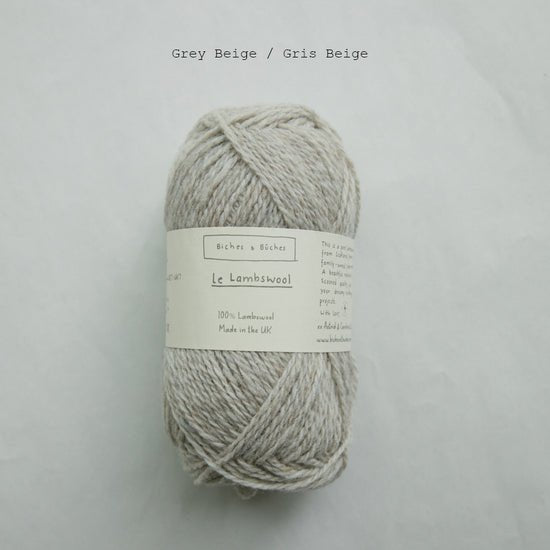
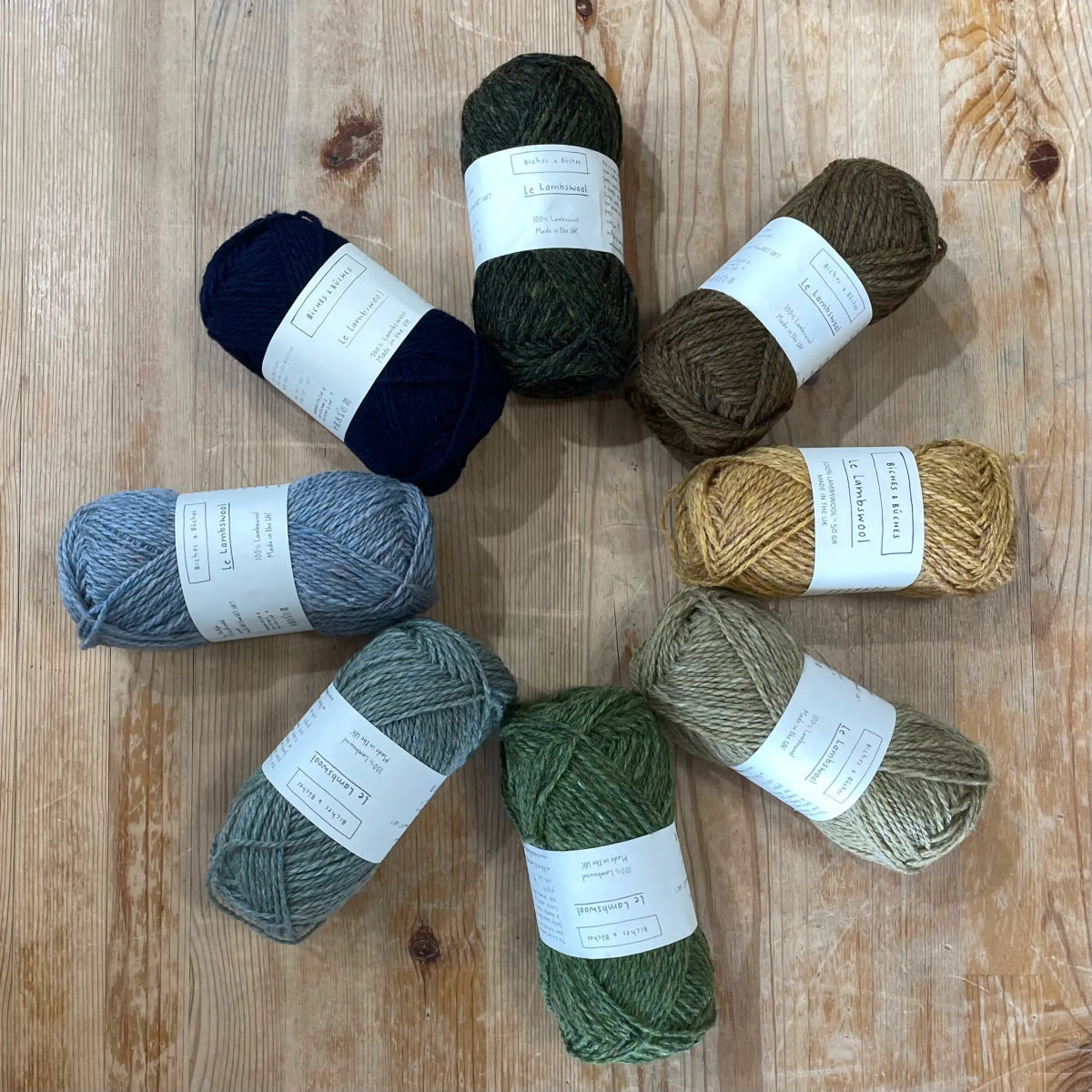
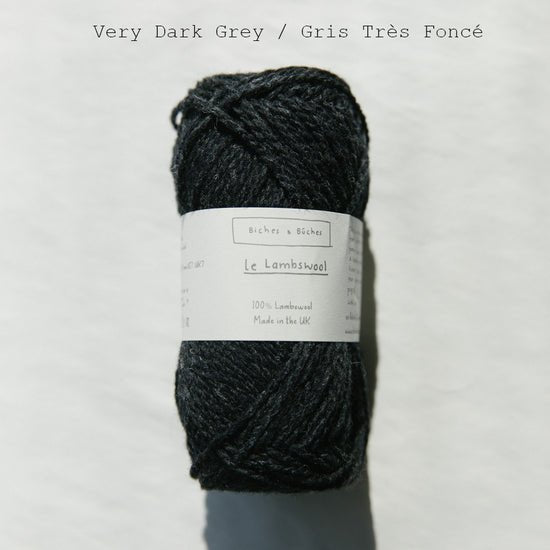
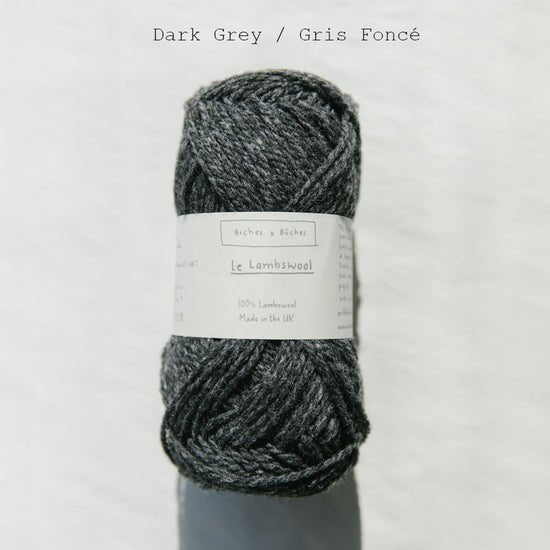
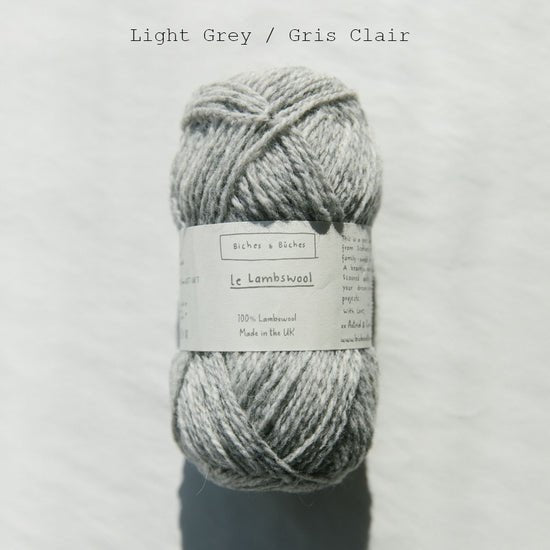
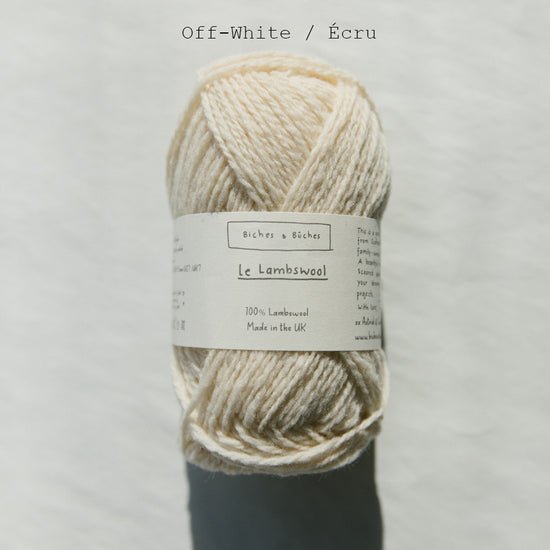

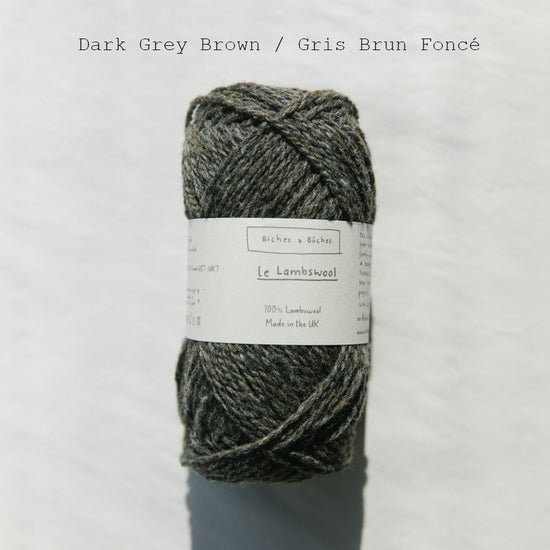
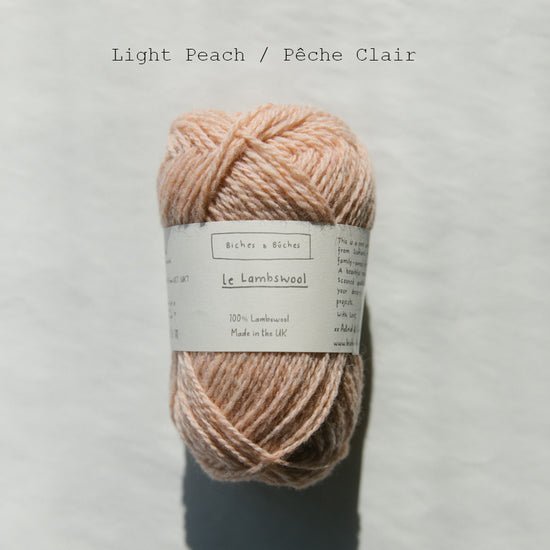
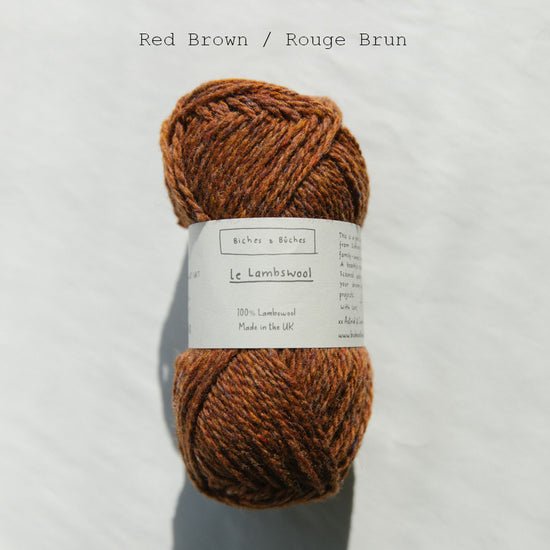
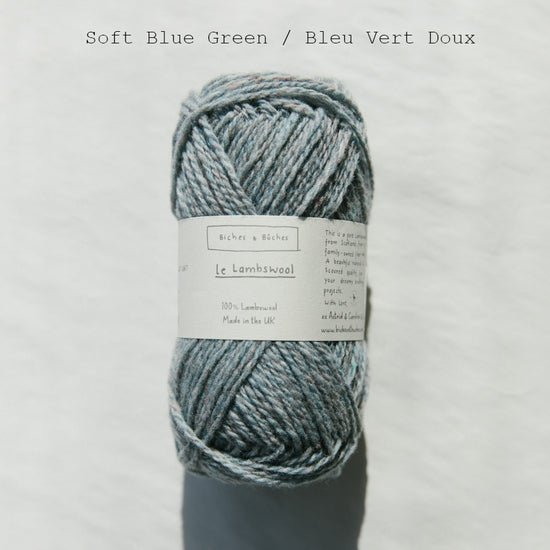
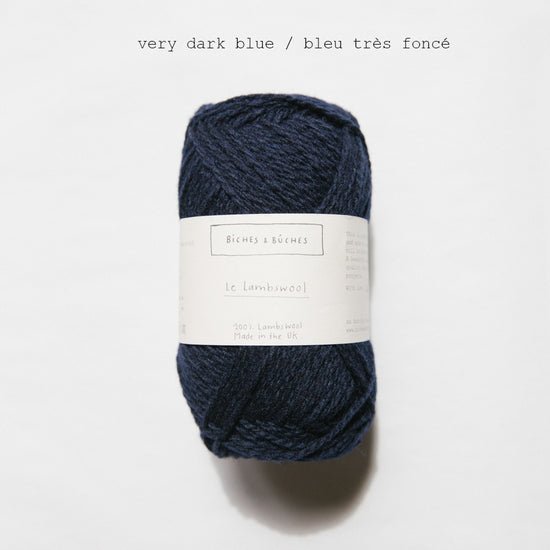
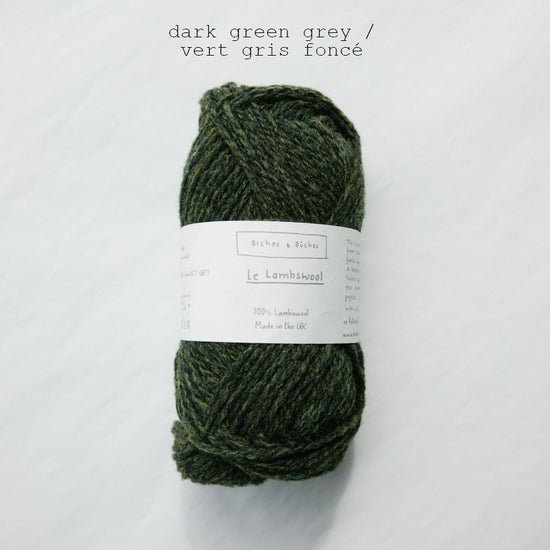
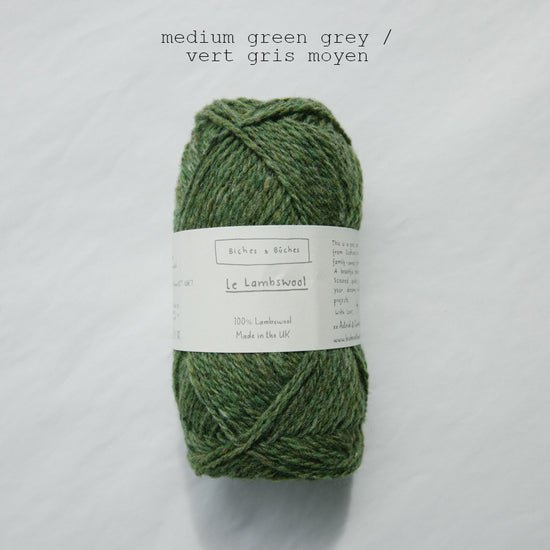
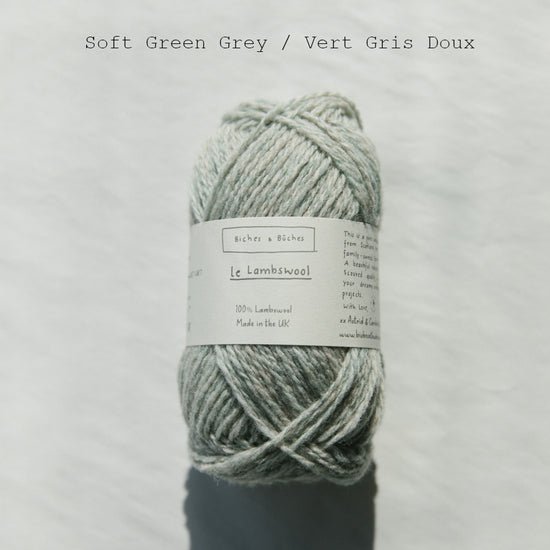
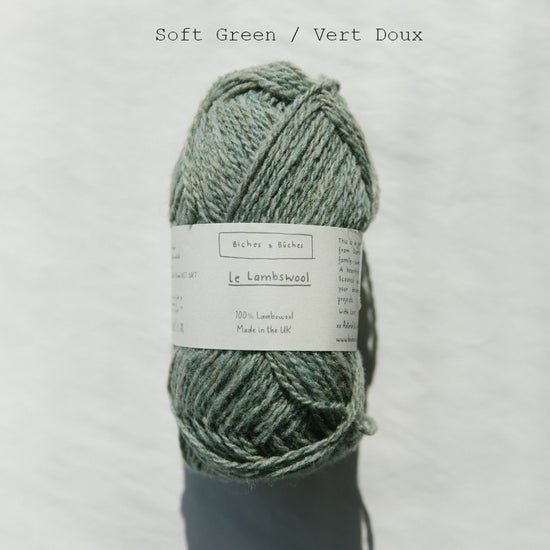
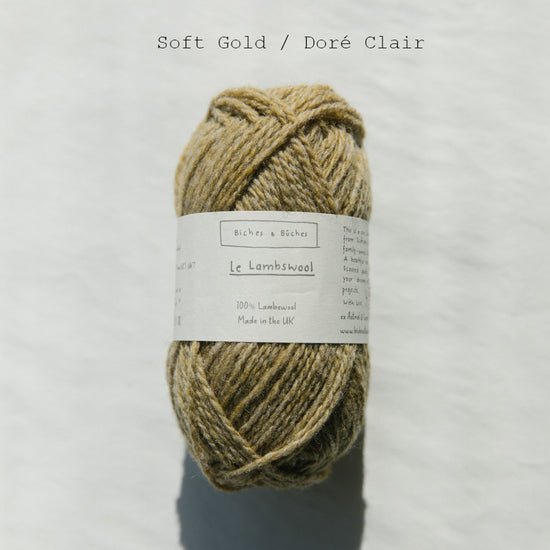
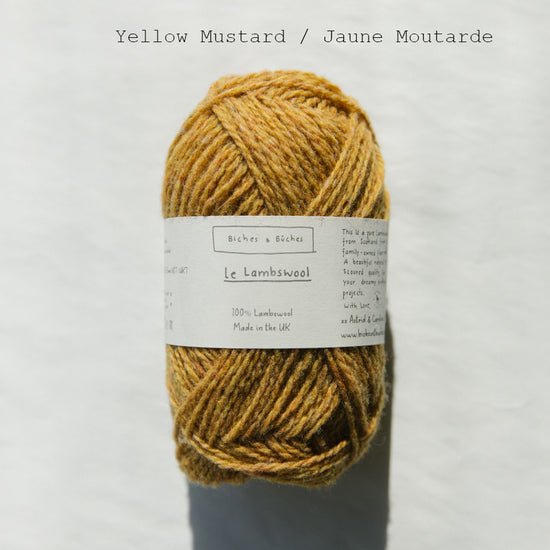
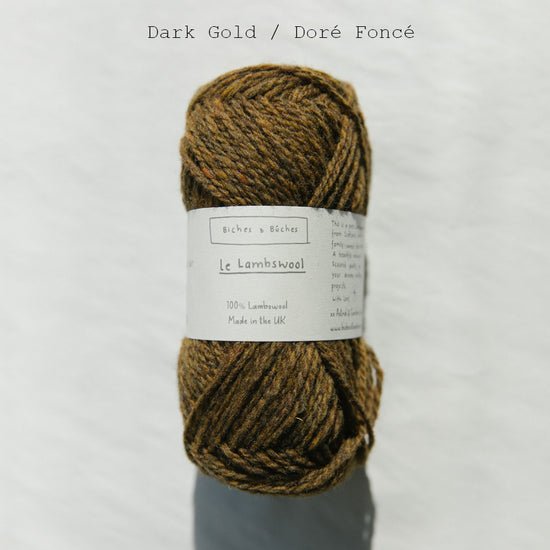
-
wool
Wool is a textile fibre produced by the shearing of sheep. The breed of the sheep, where it was raised, and how the fibre was treated after shearing can all affect the final characteristics of wool. While some is quite harsh and rough, other wool can be luxuriously soft and squishy. As a fibre, wool is very good at trapping heat, and is one of the few fibres that stays warm even when wet. -
mulesing free
Mulesing is a controversial farming practice used, predominantly in Australia, to prevent the parasidic infection flystrike. While mulesing prevents infection, it is a very painful procedure for the animal to endure, and more humane alternatives exist. This practice is banned in many areas of the world. If a yarn is marked as mulesing free, that means that no animals were treated this way during the production of the yarn.



